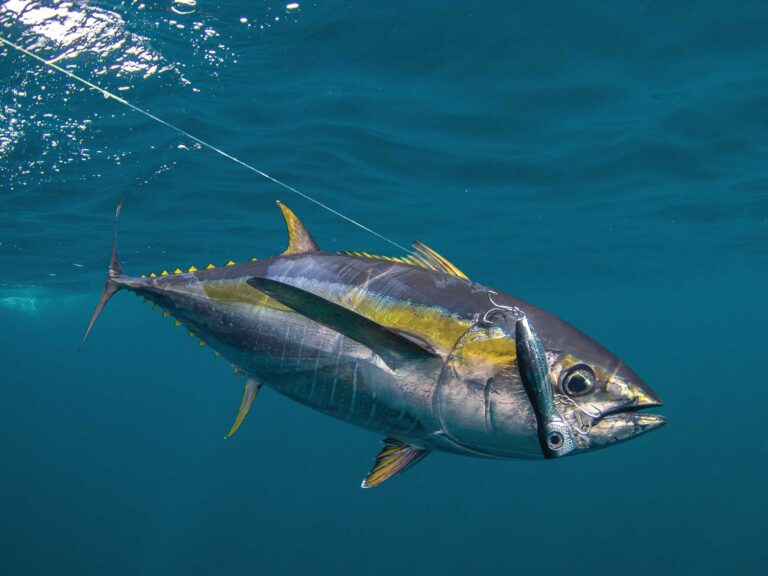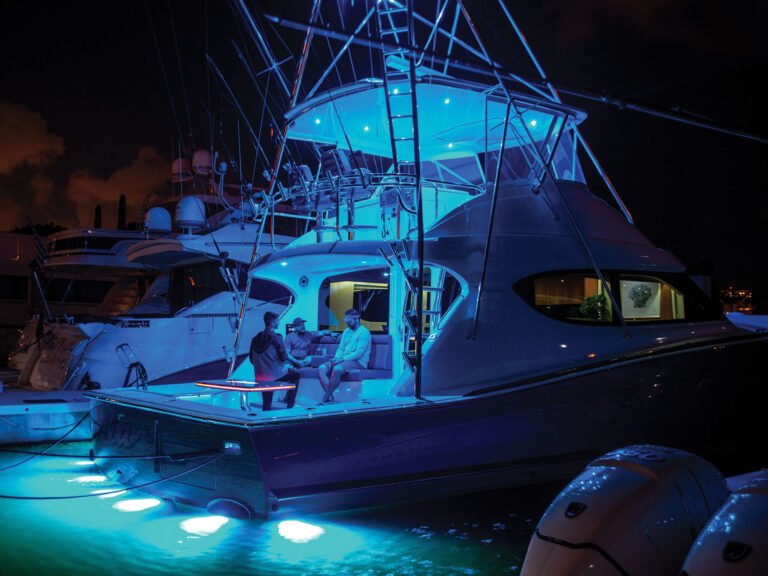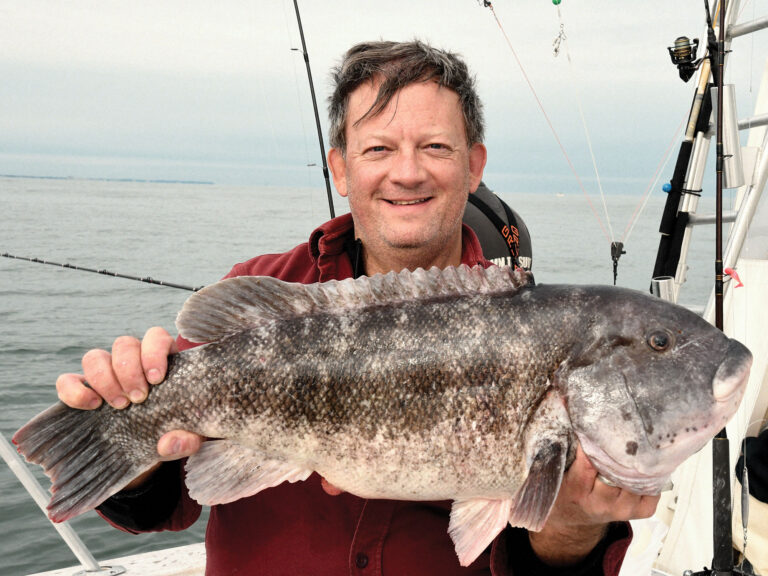The California Fish & Game Commission ignored the concerns of anglers and shut down some of the most popular recreational fishing areas in Southern California. The decision, announced at a meeting of the commission in Santa Barbara, places 175 square miles of coastal waters surrounding the Channel Islands permanently off-limits to all fishing, both commercial and recreational, including catch-and-release fishing. The closed waters, considered some of Southern California’s best fishing areas, will equal about 19 percent of the state waters around Anacapa, Santa Cruz, Santa Rosa, San Miguel and Santa Barbara Islands in the Channel Islands National Marine Sanctuary.
Anglers should be concerned that the commission’s decision will trigger additional recreational-fishing bans. California may make additional closures, and similar efforts are underway in other coastal states including Oregon, Massachusetts and Florida. Several environmental organizations have led the effort and moved forward despite concerns raised by anglers, conservation groups, outdoor journalists and scientists. Dr. Robert Shipp, who holds the Marine Sciences Chair at the University of South Alabama, noted in a report to the California Fish & Game Commission earlier this year that more productive implementation of existing regulations would be a better method to recover depressed fish populations. California has more than 2.4 million anglers that spend $2.38 billion on recreational fishing each year, second only to Florida.
The proposed Freedom To Fish Act would require fisheries managers to explore other tools at their disposal, including seasonal closures and size and bag limits, before completely closing an area to recreational fishing. Supporters of the Freedom To Fish Act include the American Sportfishing Association, Coastal Conservation Association, International Game Fish Association, Jersey Coast Anglers Association, National Marine Manufacturers Association, Recreational Fishing Alliance, Sportfishing Association of California and United Anglers of Southern California.
For more information or to communicate your feelings about this important issue to your representatives in Washington, DC, visit www.freedomtofish.org.









